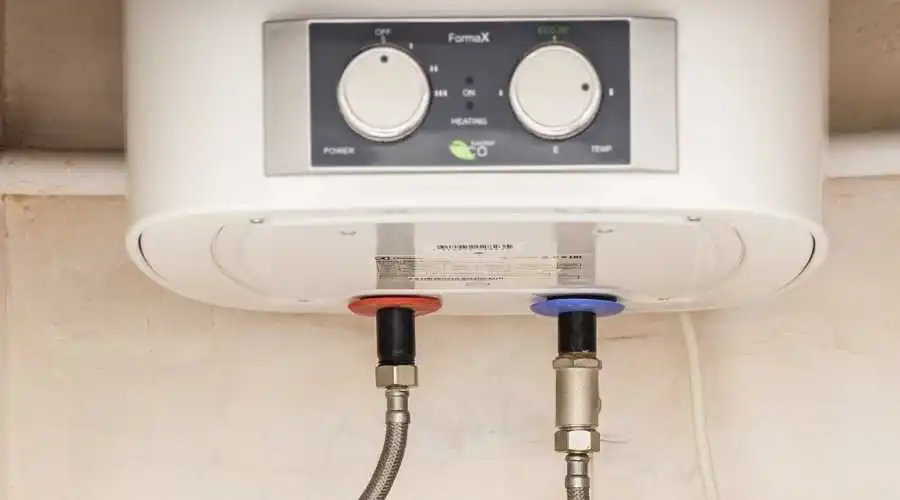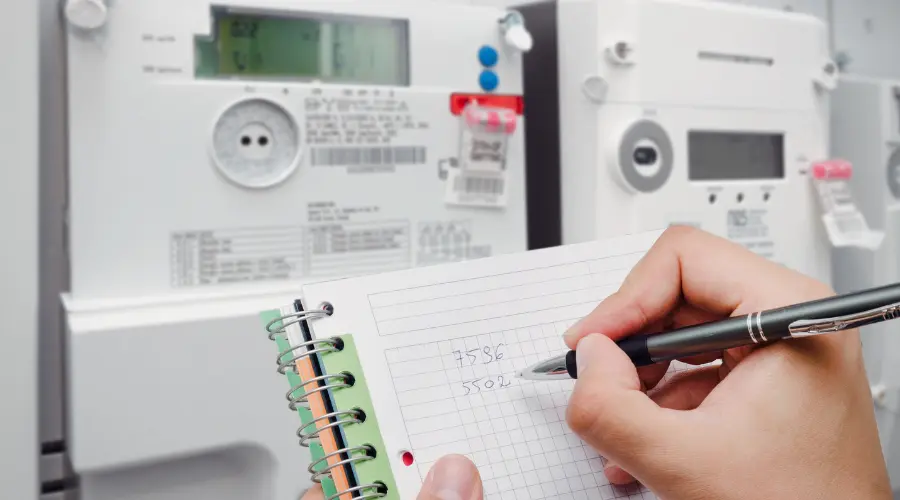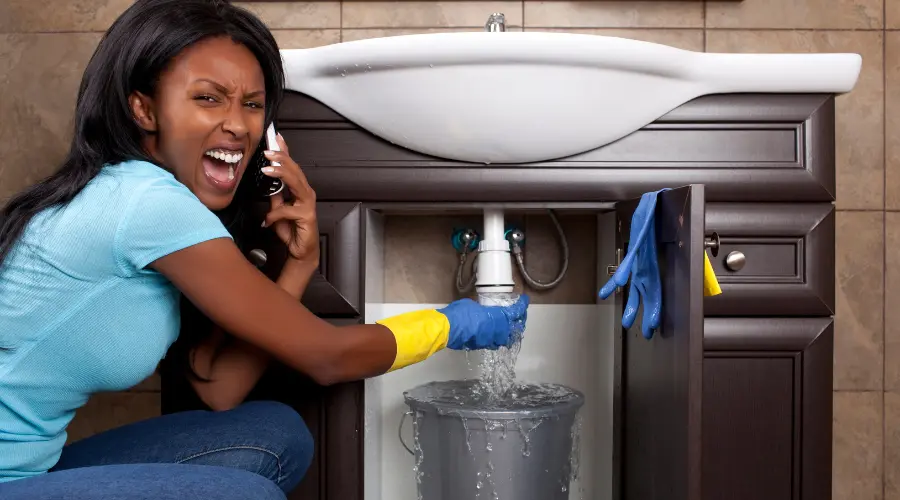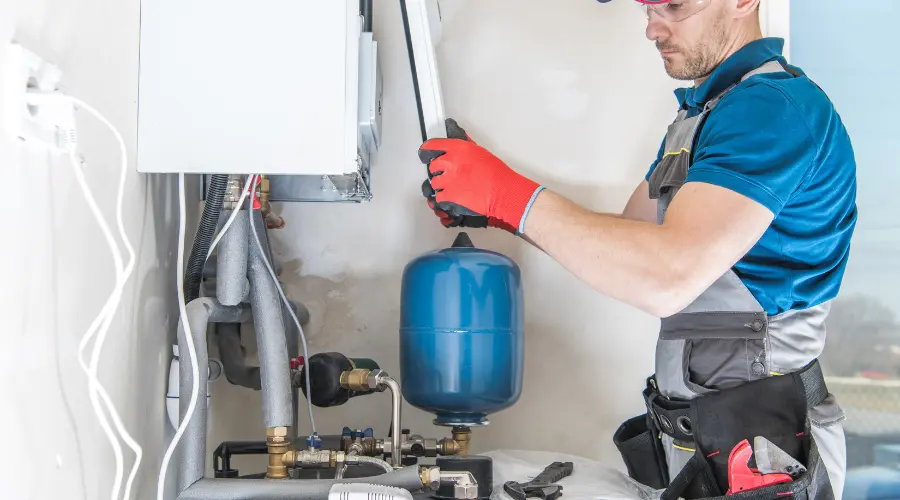If the difficulties brought on by the recent dramatic weather swings weren’t enough to convince you that summer will never end, consider that. As summer fades into October, check for problems before firing up the heater again.
As the frequency of extreme weather events is expected to rise due to climate change, we should all be ready for everything.
Boilers often break down in the fall when individuals turn their heat back on after leaving it off during the summer. If you take preventative measures now, there will be less of a chance that anything will break down just when you need it.
You can pick one at random from this list.
Put on the heat right away (for a short time).
While it may seem unnecessary to run the heater during the spring and summer, doing so once or twice a month will keep your boiler in top shape by keeping all of its parts active and revealing any problems while they are still easily addressed.
Have all the radiators checked and bled.
A room won’t get as warm in the winter if there is too much air trapped around a radiator, even though the radiator is using the same amount of energy. You can tell if yours are damaged and need frequent bleeding by turning on the heating and noting how consistently they heat. Turn them on after giving them a once over before you turn down the heat for the season. Those who rely primarily on radiant heat from below must be bled to death. To finish it, just follow these few easy steps. Sludge in the system, which could be the cause of cold spots, calls for a powerflush.
Set up regular times to check the boiler.
Get your boiler checked out before firing up the heater again. Any issues, such as sludge accumulation, with your current setup will be identified and addressed as soon as possible. Having your boiler serviced in the summer is more cost-effective overall.
Take a look at the piping on the outside.
In the winter, frozen pipes are a common problem. Your boiler’s condensate pipe serves a similar purpose. Every joint needs to be inspected for areas of weakness and signs of degeneration, and if any are found, they need to be replaced or otherwise addressed. To further insulate the pipes against the cold, lag them. Given that frozen pipes can cause flooding and boiler failures, installing laminate now is a no-brainer. Investigate pipe repairs or replacement as a possible solution to sluggish drainage.
Think about turning off the water.
In case of a leak or flood, it is important to turn off the water supply immediately. In a time of crisis, it is not preferable to find out that something is difficult to reach or turn. Find the tap’s stop immediately and make sure it turns freely. If the roof ever starts to leak, you’ll be glad you did this. Consider replacing the present tap with a Sure Stop, a remote stop tap that can be placed in a more convenient area and operated with a simple switch if the current tap is inconveniently located or difficult to access.
A separate stop tap or valve should be installed on the supply line leading to your outdoor sink in case you ever need to switch off the water supply to the fixture. Therefore, you won’t have to turn off the water supply to the entire house if a pipe freezes and a joint explodes. If it doesn’t already have a finish, you should think about applying one before winter.
Checking the carbon monoxide detector.
Fortunately, carbon monoxide poisoning is uncommon, so you shouldn’t have to worry too much if you regularly have your gas appliances serviced by a professional. However, it is still conceivable, and if your boiler’s chimney is blocked, turning on the heating in the fall could put you at risk. Carbon monoxide detectors can detect gas leaks and should be installed in every home. Make sure the battery on your device is completely charged and operational. If you don’t have one already, you need to obtain one immediately.
Saving money, avoiding boiler problems, minimizing emergency damage, and maybe saving lives are all possible outcomes of adhering to these safety suggestions. They are, to put it simply, common sense measures to take. It’s time well spent right now, so set aside at least a couple hours.





